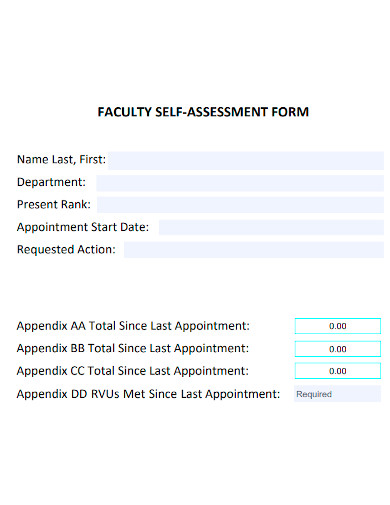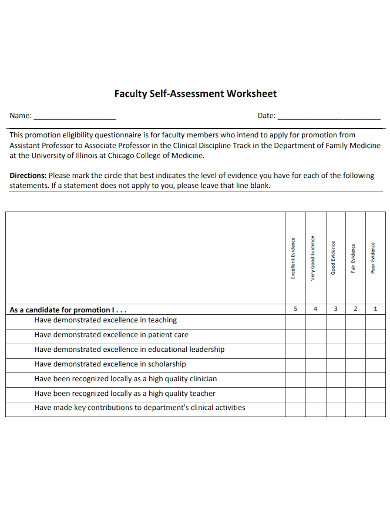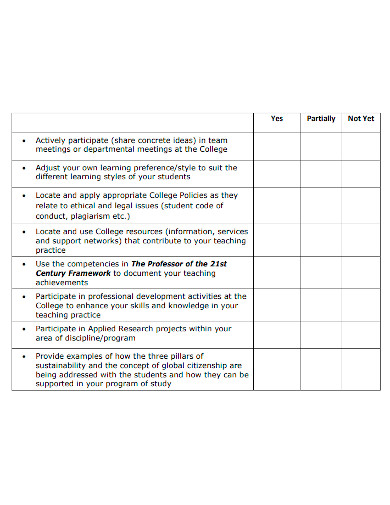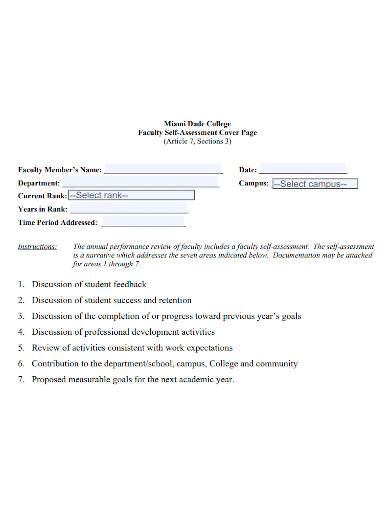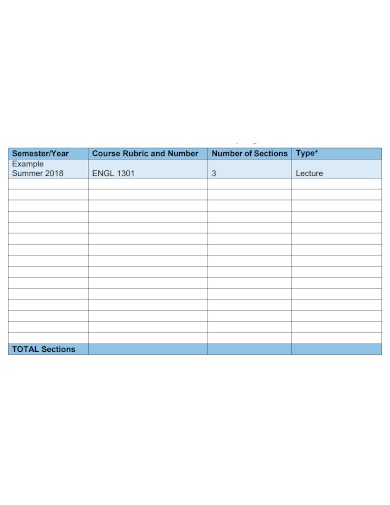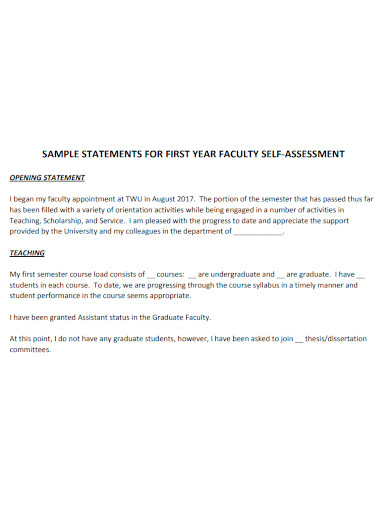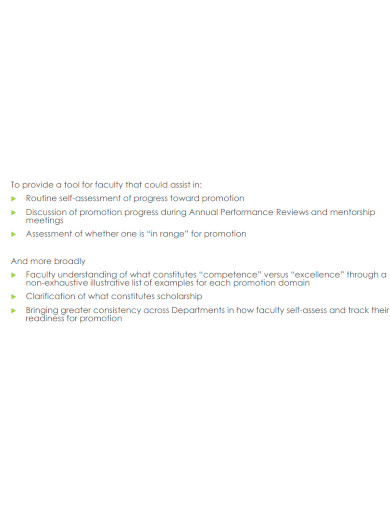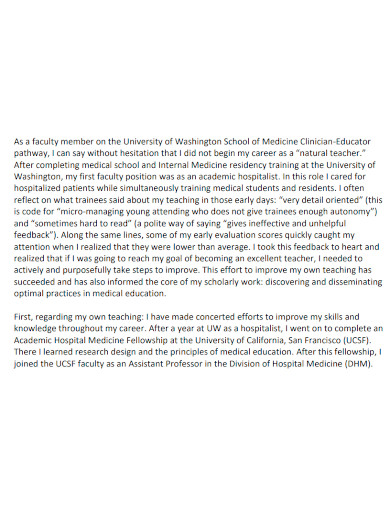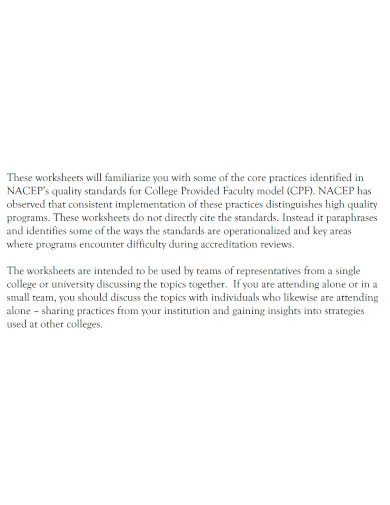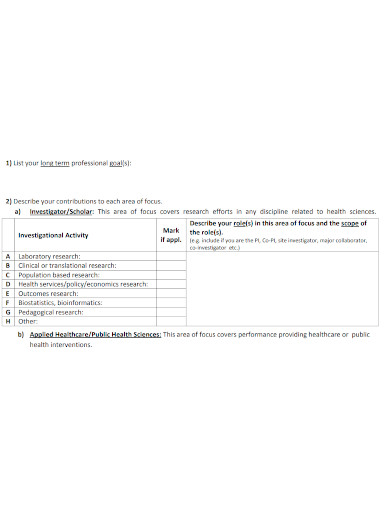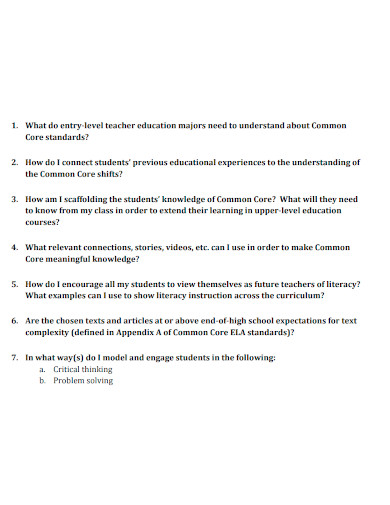10+ Faculty Self Assessment Samples
According from a verse in a famous song, the children are our future– teach them well and let us lead the way. Teachers are bestowed with the big responsibility to educate children in order to become competent, responsible and honest citizens. The teacher bears the primary responsibility for instilling knowledge, igniting inspiration, and promoting creative ideas. A teachers’ job is to assist students in learning by transferring knowledge and creating an environment in which students can and will learn efficiently. With this, it’s crucial for teachers to continuously develop their skills in order to fully cater to their students’ needs. As teachers and school administrators, let us give our future generation the quality education that they deserve, in this article, we provide you with free and ready-made samples of Faculty Self Assessments for you to use. Keep on reading to find out more!
1. Faculty Self Assessment Sample
2. Faculty Self Assessment Worksheet
3. Faculty Self Assessment Format
4. Standard Faculty Self Assessment
5. Editable Faculty Self Assessment
6. General Faculty Self Assessment
7. Formal Faculty Self Assessment
8. Professional Faculty Self Assessment
9. Faculty Model Self Assessment
10. Strategic Faculty Self Assessment
11. Basic Faculty Self Assessment
What Is a Faculty Self Assessment?
Self-reflection is important for an individual’s success. Self-assessment and reflection refer to the process of critically analyzing one’s own knowledge, performance, beliefs, or output in order to better or refine them. For teachers, self-assessment is an important strategy for their ongoing professional growth. It allows teachers to consider what works and what doesn’t in their own work, as well as the reasons for their decisions. A faculty self-assessment is a method of gathering, recording, and analyzing information from a class or at work in order to enhance one’s own performance if necessary.
How to Do a Faculty’s Self-Assessment
Aside from the examples and templates of Faculty Self-Assessment documents that we provided above, you can also assess your teaching skills on your own! Teachers should take charge of evaluating their own teaching and making changes over time. However, it’s critical to realize that analyzing your methods of instruction does not imply that you’re a poor teacher; in fact, it’s the opposite. If you’re interested in making your own faculty self-assessment, here are some steps that you could consider to guide you:
1. Self Monitoring Log
You could set up a teaching self-assessment log or journal in order keep track of your own progress and improvement over time. While teaching, teachers should keep an eye on themselves. You should examine the positive and the to-be-improved aspects of each teaching session and ask themselves if you have attained their established goals and objectives.
2.Audio and video recording of classes
Keeping track of class video recordings can assist teachers in tracking their personal growth, and it can also serve as a resource for incoming teaching staff. Don’t forget to seek permission from students and instructors. You can use this consent form for your perusal.
It’s a good idea to schedule frequent recording sessions during the semester to keep track of your progress and improvement in key areas.
3. Observational feedback from peers and experts
Observation by other colleagues of the faculty or school administrators, similar to video recording, allows teachers to become aware of various elements that they are too busy to notice while teaching. Take for instance, senior teachers with years of classroom learning can often offer helpful advice to rookie teachers to help them get off to a good start. You can also arrange for a teaching consultant to observe their classes by contacting their university’s teaching assistance center or similar organizations. They can give teachers objective feedback on general presentation abilities and facilitation skills: such as discussions and suggestions for dynamic and engaging learning methods.
4. Using Student Work for Self-Evaluation
Because student work is directly tied to your teaching abilities, it is the most valuable source for self-evaluation. To measure your success as a teacher, keep track of your students’ progress throughout the year. Use student work to assist your improve, adapt, or change your lesson plans and instruction.
FAQ
Why should a teacher evaluate his her lessons?
Changing how you assess student learning can help you teach more effectively since it gives you rapid feedback on what works and what doesn’t. Many teachers have traditionally assessed their pupils’ knowledge by administering examinations and papers only at the middle and end of the quarter.
How do you know a teacher is effective?
Despite the fact that there are many diverse ways to teach effectively, good instructors share a few characteristics. They are well-prepared, have clear and fair expectations, maintain a pleasant attitude, are patient with pupils, and regularly evaluate their teaching.
What is the most effective teaching strategies?
- Visualization.
- Cooperative learning.
- Inquiry-based instruction.
- Differentiation.
- Technology in the classroom.
- Behavior management.
- Professional development.
All in all, progress is important. You could keep track of your positive development through our Faculty Self Assessment samples. Download our free and editable samples now to help you out!
Related Posts
FREE 33+ Assessments
FREE 10+ Classroom Observation Report Samples
FREE 10+ Student Assessment Reports
FREE 9+ Sample Program Evaluation Forms
FREE 9+ Sample Candidate Evaluation Forms
FREE 9+ Sample Lecture Evaluation Forms
FREE 6+ Sample School Self-Evaluation Forms
FREE 6+ Sample 360 Evaluations
FREE 54+ Questionnaire Samples
FREE 18+ Group Evaluation Form Samples
FREE 10+ Needs Assessment Samples
FREE 10+ Classroom Observation Report Samples
FREE 10+ Sample Presentation Evaluation Forms
FREE 9+ Sample Course Evaluation Forms
FREE 9+ Job Evaluation Samples

